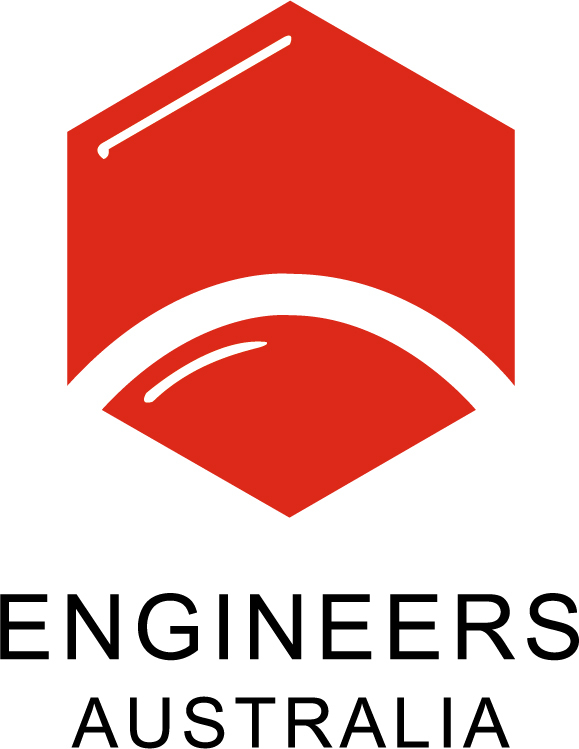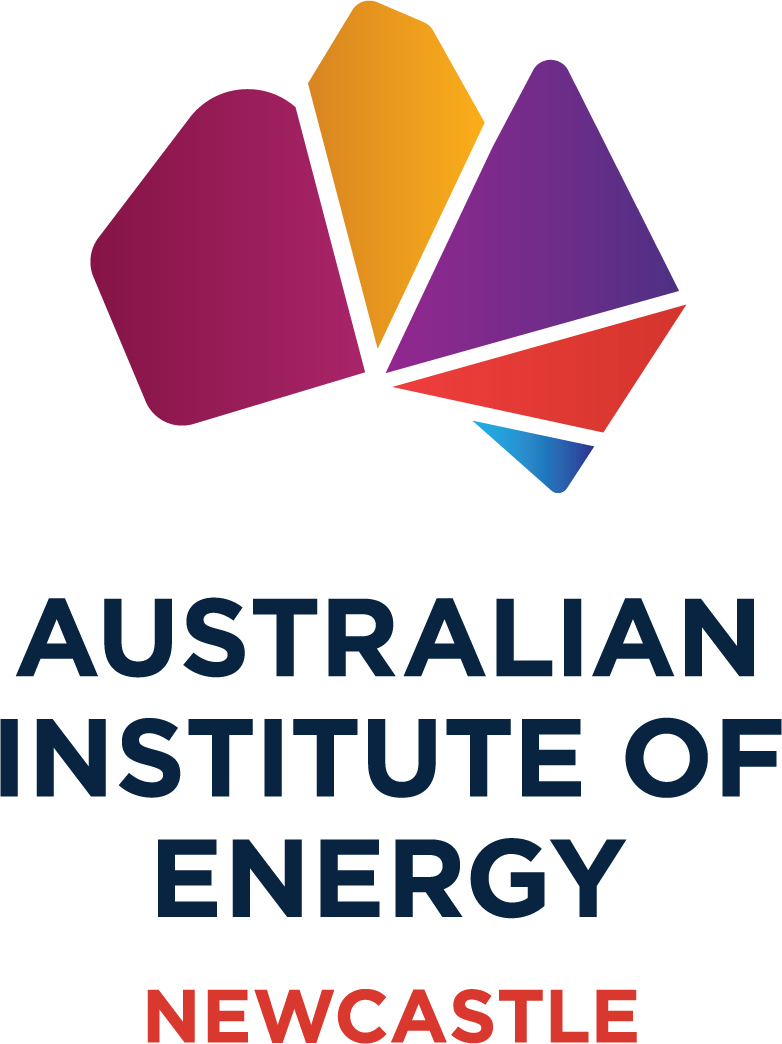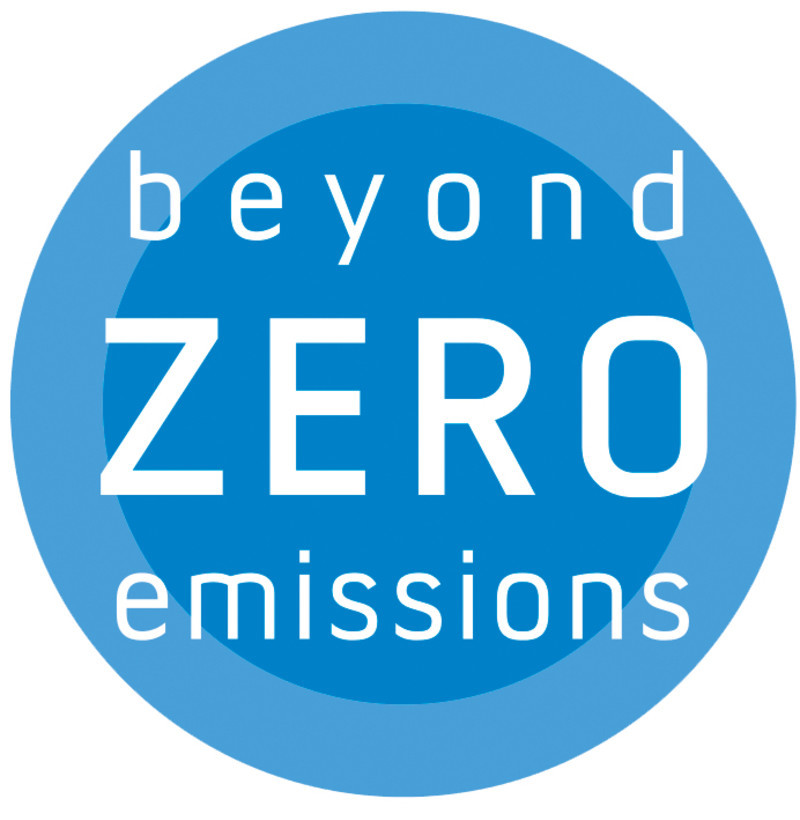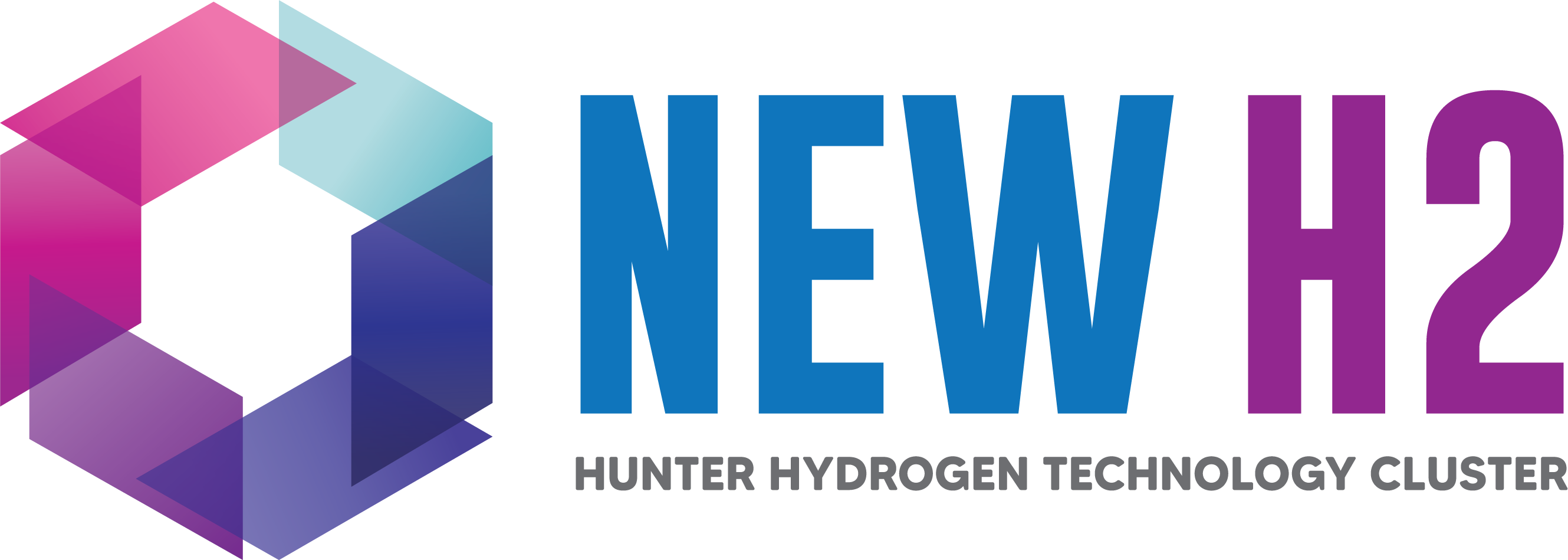NSW first as green hydrogen blended into gas network for homes and businesses
Australia's most comprehensive hydrogen project has started making green hydrogen available for home, business, and transport use in New South Wales for the first time

Energy infrastructure company Jemena has announced that green hydrogen from its $15 million Western Sydney Green Hydrogen Hub, co-funded by the Australian Renewable Energy Agency (ARENA), is being blended into and stored in Jemena’s gas distribution network.
Jemena’s Managing Director Frank Tudor said the ‘living laboratory’ was intended to demonstrate how the systems and technology required to generate green hydrogen and store it in the existing gas network could work at scale, and is the first of its kind in New South Wales.
“Green hydrogen emits no carbon and is a 100 per cent renewable gas. By blending it into our gas distribution network we are driving the transition to a low-carbon future by providing cleaner energy solutions to our New South Wales customers,” Mr Tudor said.
The project will blend green hydrogen into the existing gas network and is expected to reach 23,500 residential customers, 100 commercial customers, and seven industrial customers.
The project will also supply green hydrogen for use by transport from early 2022 through an agreement with gas supply company Coregas.
“This is the first step to decarbonise the Jemena Gas Network,” said Mr Tudor.
“As more renewable gases become available, we will continue to increase the amount of renewably generated gases blended into the network over time. This will ensure our gas network plays its role in enabling the New South Wales and Australian Governments to achieve net-zero by 2050.”
The Western Sydney Green Hydrogen Hub is one of a suite of renewable gas projects for Jemena, which is also partnering with Sydney Water and ARENA on the $14 million Malabar biomethane project, turning wastewater into renewable gas, which will be delivered to gas customers in 2022.
Jemena is also building hydrogen-ready gas infrastructure at the new Bradfield City Centre, on the doorstep of Sydney’s second international airport, contributing its energy infrastructure expertise to a feasibility study underpinning the development of a hydrogen hub at Newcastle, and is a partner in the Future Fuels CRC’s $90 million research and development program aimed at transitioning Australia’s energy infrastructure to a low-carbon economy.
Renewable Gas Target needed to achieve net-zero emissions by 2050
Mr Tudor said the development of a green hydrogen and biomethane industry would be accelerated through the implementation of a Renewable Gas Target.
“A Renewable Gas Target of just 10% would remove around 464,000 tonnes of carbon from the atmosphere each year,” Mr Tudor said.
“This is the equivalent of taking 200,000 cars off the road, and this can be achieved by 2030. In New South Wales achieving such a target would cost just $5 to $15 per household each year.
“According to projections, by 2050 if existing gas infrastructure is repurposed to decarbonise the economy, there will be savings of between $12-$14 billion per annum by avoiding the need to build and maintain huge amounts of additional electricity infrastructure.
“In the short-term, it will also make the transition easier for Australian homes and businesses which can continue to use their current stoves, heaters and other appliances.
“There are also industries that are hard-to-abate, like manufacturing, which rely on gas as a crucial feed-stock, and a renewable gas target is the most efficient way we can quickly and meaningfully decarbonise those sectors.”













